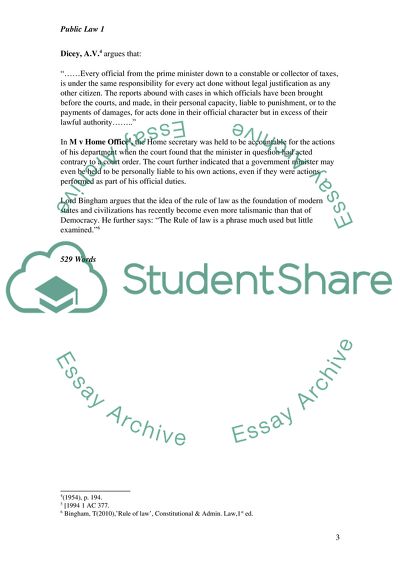Cite this document
(Public Law Assignment Example | Topics and Well Written Essays - 2000 words, n.d.)
Public Law Assignment Example | Topics and Well Written Essays - 2000 words. https://studentshare.org/law/1746499-public-law-1-writing-task
Public Law Assignment Example | Topics and Well Written Essays - 2000 words. https://studentshare.org/law/1746499-public-law-1-writing-task
(Public Law Assignment Example | Topics and Well Written Essays - 2000 Words)
Public Law Assignment Example | Topics and Well Written Essays - 2000 Words. https://studentshare.org/law/1746499-public-law-1-writing-task.
Public Law Assignment Example | Topics and Well Written Essays - 2000 Words. https://studentshare.org/law/1746499-public-law-1-writing-task.
“Public Law Assignment Example | Topics and Well Written Essays - 2000 Words”. https://studentshare.org/law/1746499-public-law-1-writing-task.


